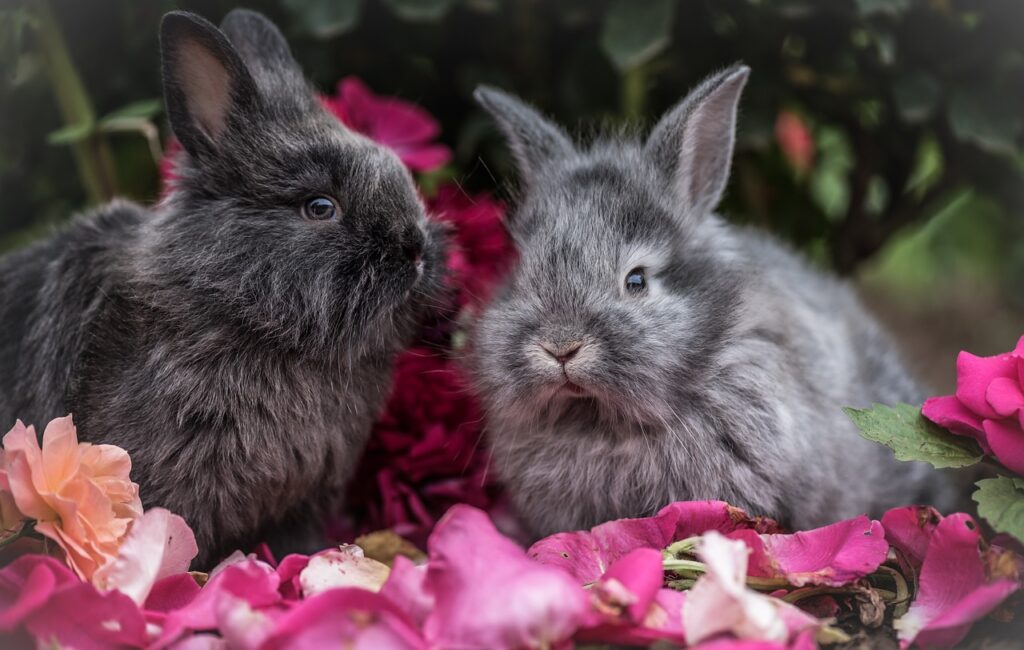Promoting Rabbit Welfare: Top Tips for a Happy and Healthy Bunny
 StockSnap/Pixabay.com
StockSnap/Pixabay.comAccording to The World Animal Foundation there are an estimated one million rabbits kept as pets in the UK . However despite their rise in popularity many of their basic behavioural and welfare needs are not always being met.
Pet rabbits are not far removed from their wild relatives. Therefore observing what they require in the wild environment helps us to fulfil their needs as a pet.
Ensuring Rabbit Health & Welfare: Key Tips
- Rabbits are a social species. In the wild it makes sense for them to live in groups. Therefore when selecting a rabbit try and chose the same species companion. Not a Guinea Pig!
- Early introductions are important. 2 neutered females make a good combination provided they are introduced as youngsters. Preferably they should be selected from the same litter.
- Providing a suitable environment is important. The size of a rabbits territory in captivity is usually too small. They should have as much space as possible with access to a spacious hutch with an attached run.
- Indoor and outdoor rabbits should have the opportunity to have long periods of supervised outdoor exercise for several hours daily.
- Wild rabbits spend a lot of time underground. So hiding places, bolt holes and shaded areas to protect against direct sunlight should be provided.
- Rabbits need to have access to high-fibre foods such as grass and good quality hay. This should make up the bulk of their daily diet.
- Timothy or meadow hay is recommended. Alfalfa hay should be avoided as its high calcium content can cause kidney stones.
- Avoid too much green and concentrated food as this can contribute to dental disease and obesity.
- Wild rabbits spend a large proportion of time foraging. This should be mimicked to prevent boredom and enrich their life.
- Regular dental checks are important as this is the most common problem encountered in the domestic rabbit.
- Remember that during cold spells, outdoor rabbits need to be kept warm. Hypothermia is a common life-threatening first aid situation in the winter months.
- Grinding teeth is a sign of pain or distress. If you see your rabbit doing this, get them checked by your vet.
For some additional details of rabbit health & welfare visit http://www.rabbitwelfare.co.uk.